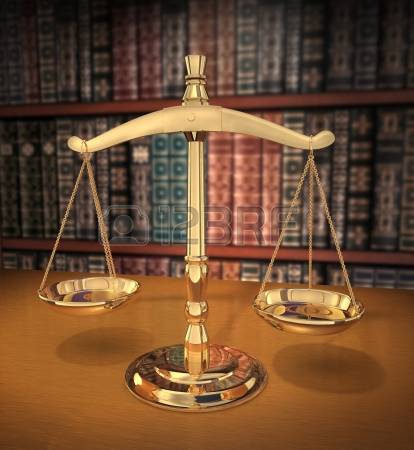An attentive listener, A sincere sympathiser, A generous giver, A considerate thinker, A beautiful soul, A ready giver of love, A noble mind, A deep carer, A nourishing heart, A pillar of justice, A man of principle, A heart of gold, A purified soul, An embodiment of truth, An ocean of knowledge, A wealth of experience, A treasure of advices, A pearl of wisdom, An angel personified…
In Memory of my Late Father – Haji NazirAhmed Daud Satia RH, who returned to Allah on this day, 4 years ago.

You held my hand when I was small, you caught me when I fell,
The hero of my childhood, and of latter years as well.
Every time I think of you, my heart just fills with pride,
And though I’ll always miss you, I know you’re by my side.
Not a day passes by, that you don’t cross my mind,
Not all of you departed when you left us all behind.
In my heart there is a place that only you can hold,
Filled with loving memories more priceless than silver or gold.
You never looked for praises, you were never one to boast,
You just went on quietly working, for the ones you loved the most.
You were a firm foundation through all our storms of life,
A sturdy hand to hold on to, in times of stress and strife.
Remembering you is easy, I do it every day,
Missing you is the heartache that never goes away.
You dwell among the angels now, but you left us too soon,
I can see you gliding across a golden field, above the harvest moon.
A thousand words won’t bring you back, I know because I’ve tried,
And neither will a million tears, I know because I’ve cried.
In laughter and in sorrow, in sunshine and in rain,
I know you always prayed for me, so now I pray for you…until we meet again.
He wasn’t a hero known by the entire world,
But a hero he was to his little world (his family).
If only you could see me, I’d want you to know this is true,
That everything I am today, is all because of you…
We will remember your values, teachings, morals, justice and principles.
Your beauty internal and external will never be extinguished from our minds.
Allah grant you everything you prayed for and much more, Allah fill the sorrowful void of your loss with Divine Consolation. Ameen.
Ismail Ibn Nazir Satia (One who is in dire need of Allah’s forgiveness, mercy and pleasure)
9th Rabiul Awwal 1439

 Jihad for Truth
Jihad for Truth